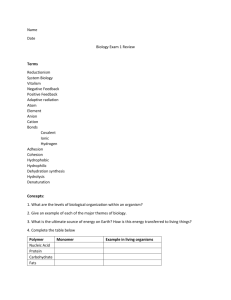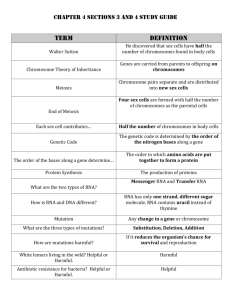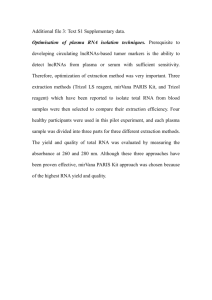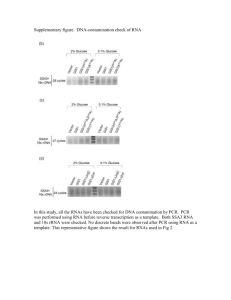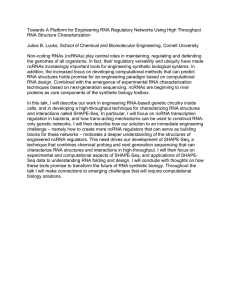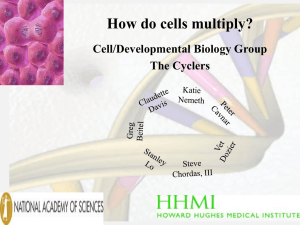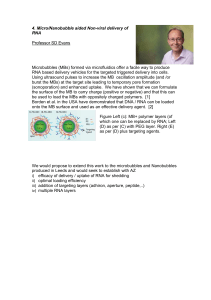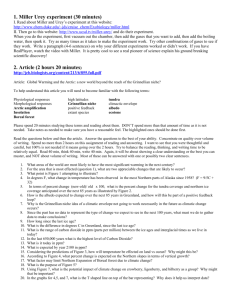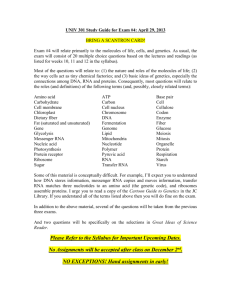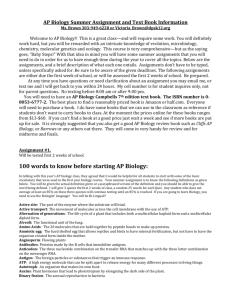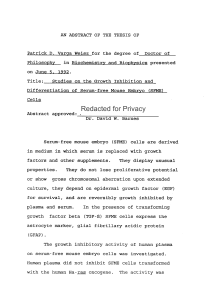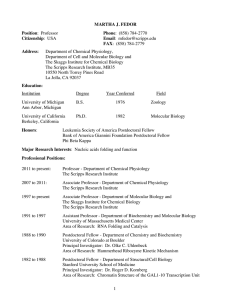100 words to know before starting AP Biology
advertisement
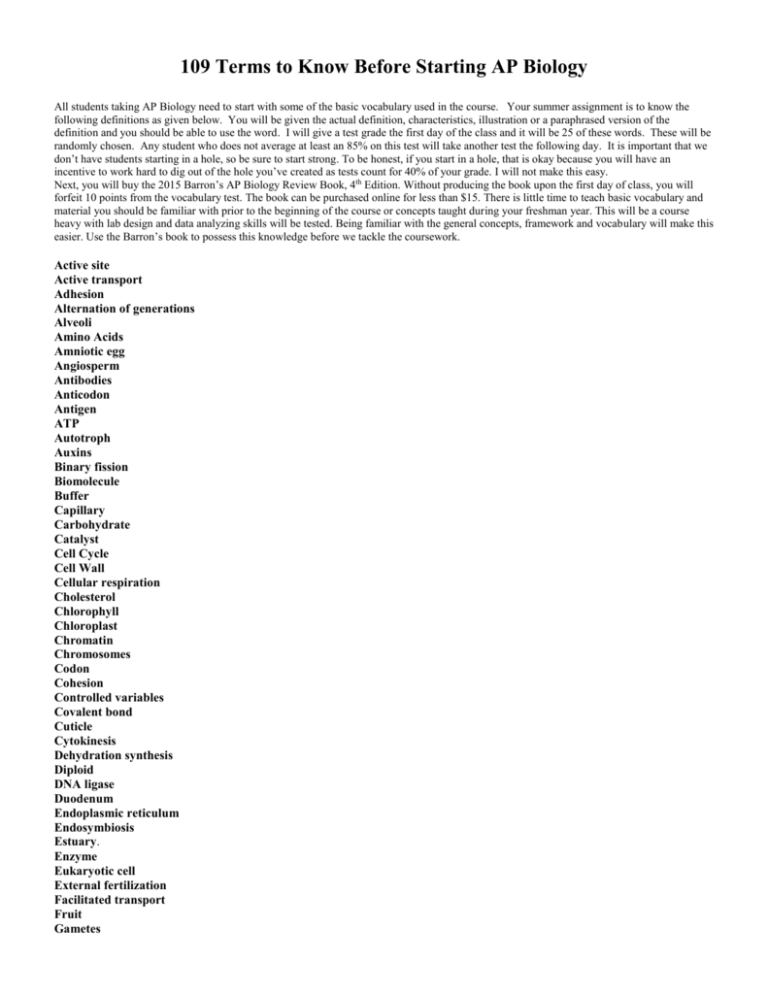
109 Terms to Know Before Starting AP Biology All students taking AP Biology need to start with some of the basic vocabulary used in the course. Your summer assignment is to know the following definitions as given below. You will be given the actual definition, characteristics, illustration or a paraphrased version of the definition and you should be able to use the word. I will give a test grade the first day of the class and it will be 25 of these words. These will be randomly chosen. Any student who does not average at least an 85% on this test will take another test the following day. It is important that we don’t have students starting in a hole, so be sure to start strong. To be honest, if you start in a hole, that is okay because you will have an incentive to work hard to dig out of the hole you’ve created as tests count for 40% of your grade. I will not make this easy. Next, you will buy the 2015 Barron’s AP Biology Review Book, 4th Edition. Without producing the book upon the first day of class, you will forfeit 10 points from the vocabulary test. The book can be purchased online for less than $15. There is little time to teach basic vocabulary and material you should be familiar with prior to the beginning of the course or concepts taught during your freshman year. This will be a course heavy with lab design and data analyzing skills will be tested. Being familiar with the general concepts, framework and vocabulary will make this easier. Use the Barron’s book to possess this knowledge before we tackle the coursework. Active site Active transport Adhesion Alternation of generations Alveoli Amino Acids Amniotic egg Angiosperm Antibodies Anticodon Antigen ATP Autotroph Auxins Binary fission Biomolecule Buffer Capillary Carbohydrate Catalyst Cell Cycle Cell Wall Cellular respiration Cholesterol Chlorophyll Chloroplast Chromatin Chromosomes Codon Cohesion Controlled variables Covalent bond Cuticle Cytokinesis Dehydration synthesis Diploid DNA ligase Duodenum Endoplasmic reticulum Endosymbiosis Estuary. Enzyme Eukaryotic cell External fertilization Facilitated transport Fruit Gametes Gene Genetic engineering Global Warming Glycerol Glycogen Gonads Haploid Homeostasis Homozygous Hydrogen bond Hydrolysis Hyphae Hypothesis Incomplete dominance Independent variable Innate Insulin Logistic growth curve Marker proteins Meiosis Messenger RNA Mitochondria Mitosis Mutation Natural selection Nephron Nucleotides Oviduct Pancreas Passive transport Pepsin Photosynthesis Phloem Pituitary gland Plasma Plasma membrane Polar bond Population Primary productivity Prokaryotic Protein Protista Replication Restriction enzymes Ribosome Root RNA RNA polymerase Sex chromosomes Species Spindle fibers Stomata Symbiosis Taxon Transcription Transfer RNA Translation Transpiration Uterus Xylem Zygote
